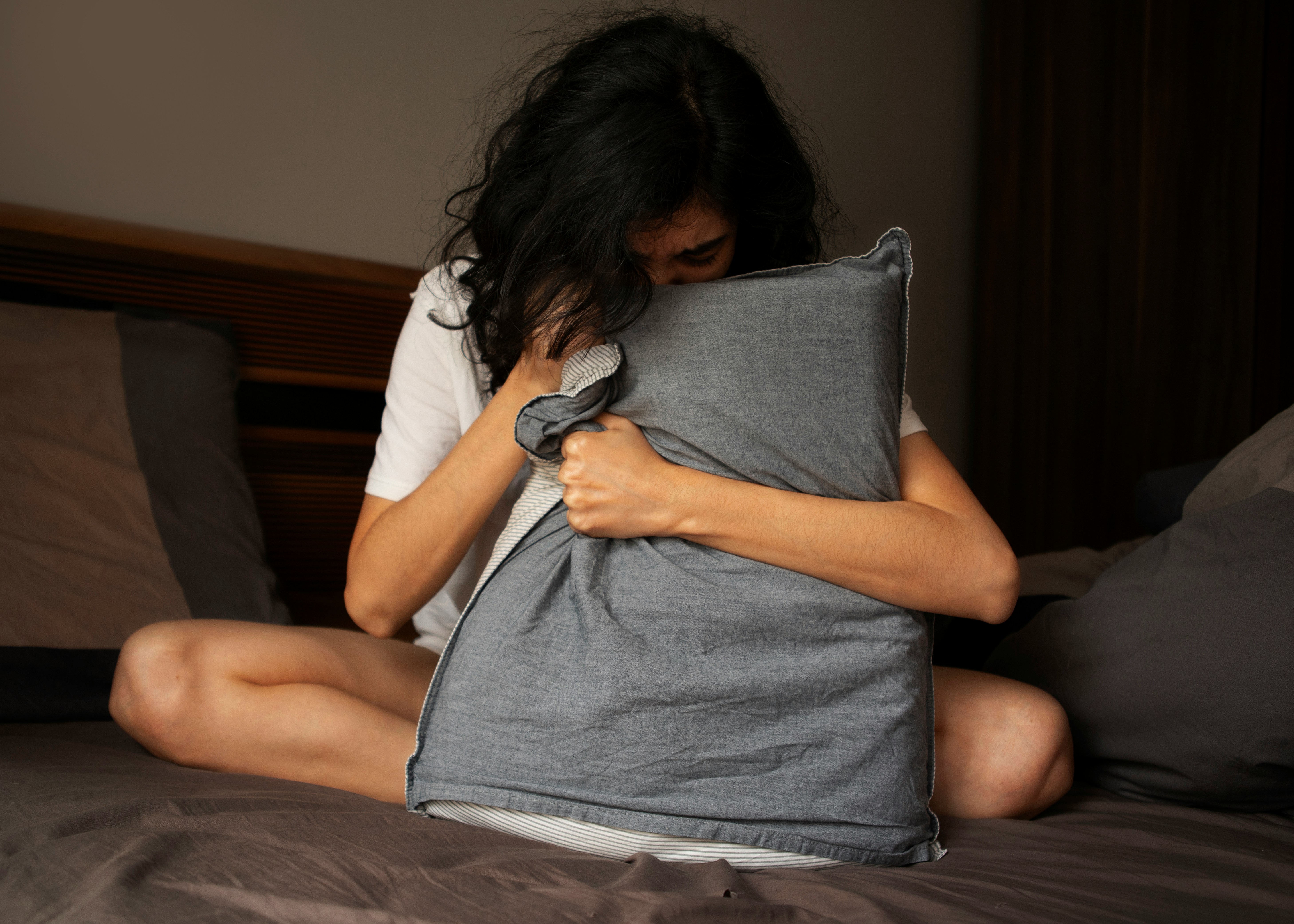Media release
From:
People who act in ways that go against their personal values while drunk often feel embarrassed, regretful, or anxious during a hangover. These feelings can lead to overthinking and harsh self-criticism, which worsen their emotional distress, aka “hangxiety”.
Certain traits make “hangxiety” more likely, according to new Swinburne research.
Co-authors Beck Rothman and Dr Blair Aitken from Swinburne’s Centre for Mental Health and Brain Science say that people prone to anxiety or low mood, or those who drink to cope with stress, experience it more intensely – not because hangovers create new problems, but because alcohol temporarily dulls negative emotions.
“When the effects wear off, those feelings return in sharper focus, which can amplify stress and worry.
“Hangxiety also hits harder when people act out of character while drunk. Saying or doing things that clash with personal values can trigger embarrassment or shame the next day, fuelling harsh self-criticism and intensifying emotional distress.
“People who struggle with emotional regulation - recognising and managing one's emotions in healthy ways – face particular challenges.”
Not everyone experiences hangxiety the same way, the research also revealed. People with higher emotional resilience – the ability to adapt to stress and keep perspective – tend to cope more effectively.
“You might assume a brutal hangover would deter future drinking, but most people viewed hangovers as routine inconveniences or rites of passage,” the authors say.
“When alcohol becomes a coping tool for stress, hangxiety can actually reinforce the cycle. Alcohol dulls discomfort, but when it wears off, the same feelings return, prompting another drink for relief. This loop helps explain why even frequent hangovers rarely lead to meaningful behaviour change.
“Sharing hangover experiences with friends can help ease emotional discomfort. Social support provides reassurance and helps people feel less alone in their experience. A GP or a psychologist can also assess whether underlying anxiety or problematic drinking patterns need support.”



 Australia; VIC
Australia; VIC



